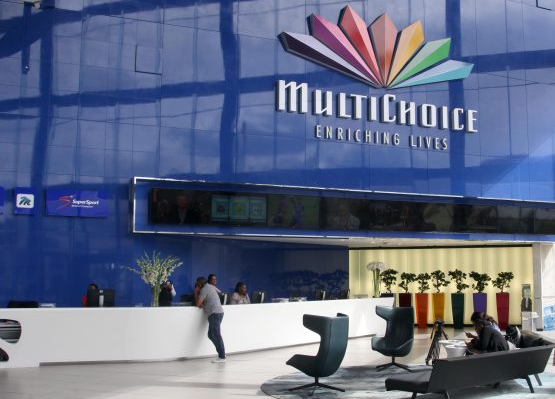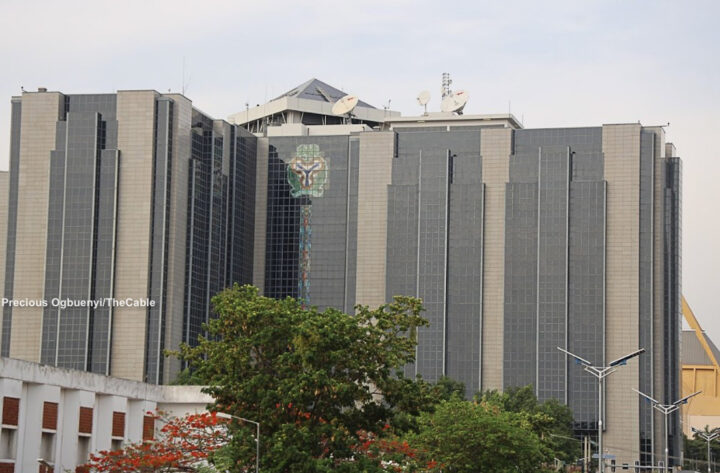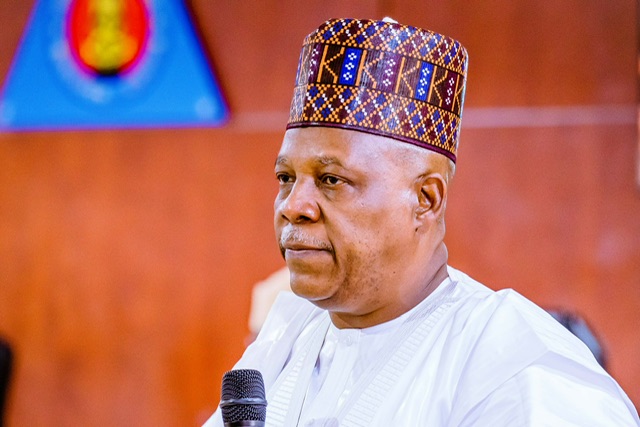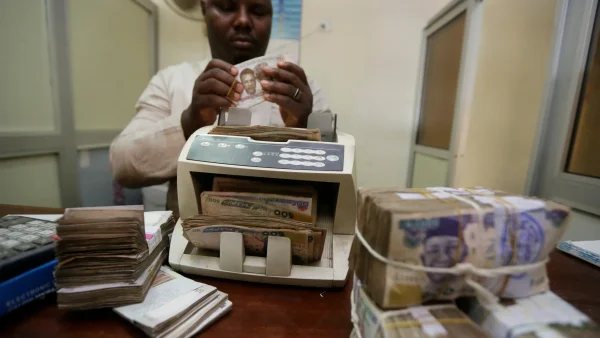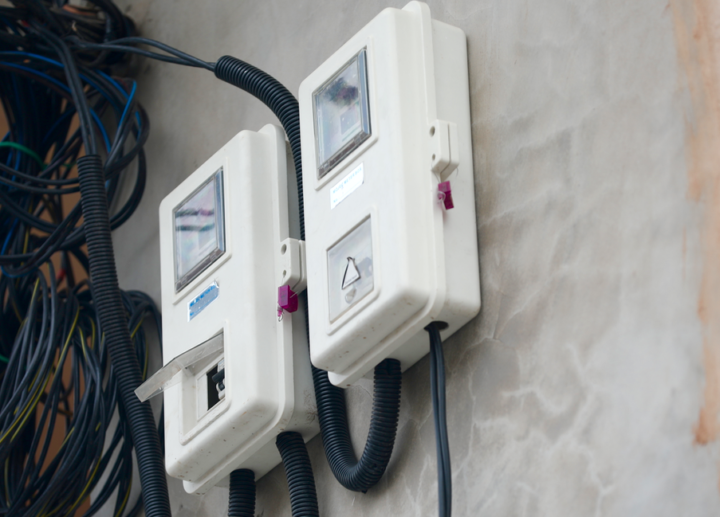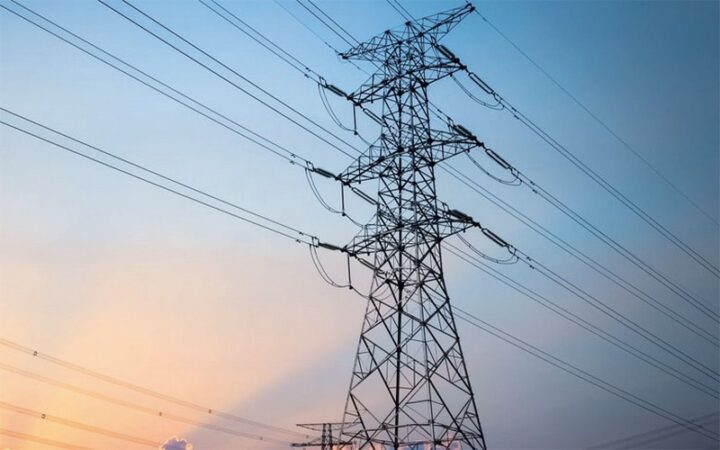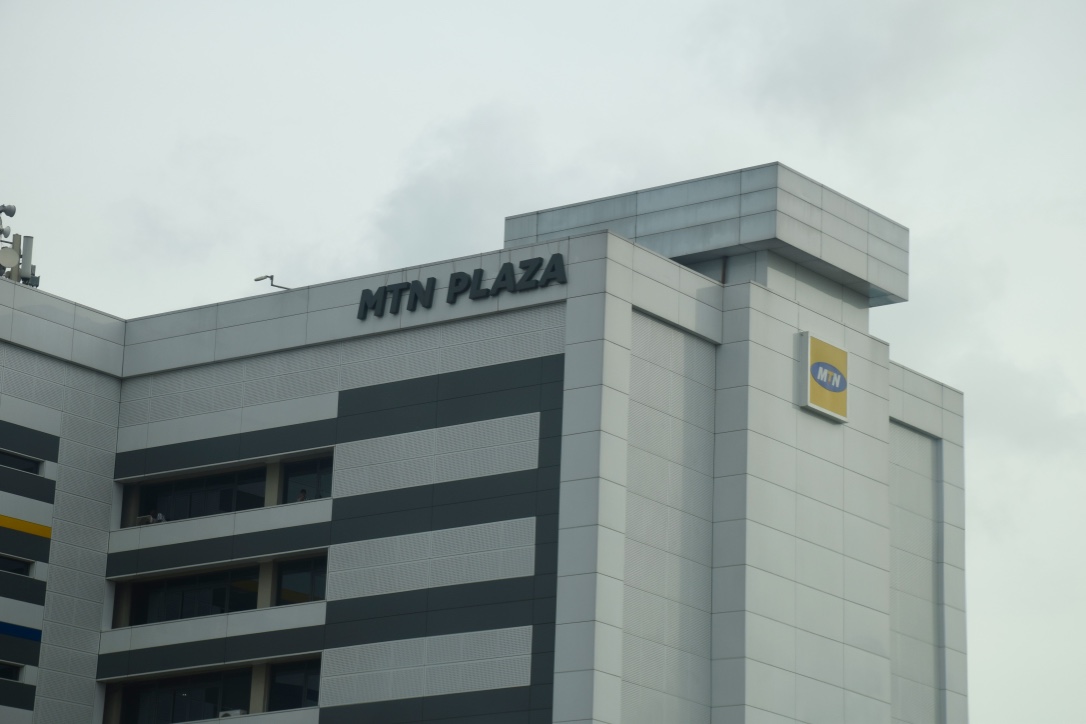Yemisi Bamgbose, executive secretary of the Broadcasting Organisation of Nigeria (BON), has faulted the decision of the Federal Competition and Consumer Protection Commission (FCCPC) to review DStv and GOtv subscriptions.
On April 24, Multichoice Nigeria announced an increase in the cost of subscriptions for its DStv and GOtv packages.
The pay-tv firm cited the rise in cost of operations as the rationale behind the price increase.
However, FCCPC, in an interview on Channels TV on April 25, said the price hike will be reviewed to ensure subscribers in Nigeria get value for their money.
Advertisement
In a statement on Monday, Bamgbose said the commission had remained silent following the increase in prices of goods and services by big firms and companies — but intends to review prices of the pay-tv.
“I would have given FCCPC a thumb up if they had been intervening on price matters, most especially those that have direct bearing on the livelihood of the masses,” Bamgbose said.
“If the mandate of FCCPC includes price control of goods and services in a free and deregulated economy, where was the organisation when Bakers Association in the country increased the cost of a loaf of bread more than 200% in the last one year.
Advertisement
“I doubt if FCCPC was aware that a sachet of pure water has been increased from five naira to twenty naira the last one year. Is the organisation on vacation?
“Perhaps the organisation is on leave when bottling companies in the country astronomically increased the cost of malt and other soft drinks. I was surprised that FCCPC didn’t call stakeholders meeting to review the new prices.
“Perhaps the cost of a bag of cement has not been increased from four thousand Naira in the last one year. That must be the reason why FCCPC did not deem it fit to invite Dangote, Bua and Lafarge cement manufacturers with relevant stakeholders to discuss the more than 100% increase on a bag of cement.
“Aviation sector, on a daily basis, increases the cost of domestic flights. This also has not attracted the attention of FCCPC.
Advertisement
“In the education sector, I was wondering why FCCPC could not call for the review of the cost being charged by private educational institutions especially those charging in dollars in a country where Naira is the legal tender.”
‘MULTICHOICE SHOULD HAVE THE FREEDOM TO FIX THEIR PRICES’
According to Bamgbose, if other services are allowed to increase their prices, MultiChoice should also have the freedom to determine the price of its products to maintain high-quality service.
She added that the choice of whether or not to subscribe to the service should be up to the consumer.
Advertisement
The secretary said subscription television is not an essential commodity and those who cannot afford the services of MultiChoice or any pay TV can decide not to subscribe.
“Anyway, on the part of broadcasting, I want to assume that FCCPC does not know what goes into the business of broadcasting, perhaps, that could inform the decision of the agency to plan the proposed review of the increase in the price of DSTV and GOTv pay TV channels respectively,” she said.
Advertisement
“There are free to air stations such as NTA, RADIO NIGERIA, AIT, SILVERBIRD CHANNELS, STATE OWNED RADIO AND TV STATIONS, PRIVATE RADIO STATIONS etc where consumers don’t pay to listen to radio or watch television.
“There are subscription channels such as MULTICHOICE, GOtv, TNtv, STARTIMES etc where viewers pay to watch and listen. There are choices.
Advertisement
“During Covid-19 pandemic, stations burnt diesel without adverts or other sources of revenue for more than twelve months in national interest.
“The cost of diesel rose from two hundred naira per litre in 2021 to one thousand seven hundred per litre in 2023/24, and broadcast stations have to transmit for twenty four hours changing from one generator to the other.
Advertisement
“None of the national stations such as Channels TV, Arise, TVC, AIT, Silverbird, and NTA, amongst others, commits less than one hundred million Naira on diesel on monthly basis to keep their mandate of information, education and entertainment.
“It may interest the public to know that many, if not all, of the national radio and television stations in Nigeria have not been able to break-even since 2020 when the nation’s economy was shut down as a result to Covid-19 pandemic.
“Why? Each network station that transmits 24 hours consumes not less than twelve thousand litres of diesel per week. In Nigeria, we want everything free.
“For MultiChoice to provide coverage to the nooks and cranies of the country, it maintains over three hundred sites powered with diesel generating sets in each of the sites.
“The public should also know that these PAYTV companies purchase all these contents that subscribers watch at the comfort of their homes and offices.
“Those who can not afford the services of MultiChoice and indeed any pay TV can decide not to subscribe, afterwards, there are many free to air television channels and content on satellites OVER THE TABLE (OTT) that can be accessed through free to air decoders and wifi.”
Expressing empathy towards Nigerians regarding the difficulties caused by the removal of all known subsidies, the secretary urged the general public to show understanding towards the broadcast sector.
On May 29, 2023, President Bola Tinubu announced the removal of petrol subsidy — a development that immediately led to a spike in the price of the product.
On April 3, the Nigerian Electricity Regulatory Commission (NERC) approved an increase in electricity tariff for customers under the Band A classification — ending subsidy for customers under the category.
